
Homeschooling doesn’t mean you need to be isolated from the world. In fact, homeschooling can help children grow into great leaders. As you read these tips, please keep in mind that you don’t have to constantly be seeking socialization for your children. Your homeschoolers have time to do many wonderful things that they might not have time for if they were in school all day! Take advantage of this time and try some of the ideas below for how to socialize homeschoolers.
If you like these tips, please like the post, comment, and share any additional ideas you have! Also, make sure to read our Homeschool & Socialization blog post for more information.

Social Skills at Home
1. Remember that while friends are important, children can learn great social skills by modeling their parents and by working out issues with siblings.
2. If it is a healthy option, visit extended family or plan for your child to go on outings with trusted relatives, such as a visit to the museum with Aunt Sue.
3. Have your child read books that model good social behavior, which includes all books on our free The Good and the Beautiful Book List. Children need to get out of the house, yes, but books are great teachers.
4. Have children give oral book reports to their grandparents in person or over the phone. Both talking to adults and summarizing books benefit the child in several ways.
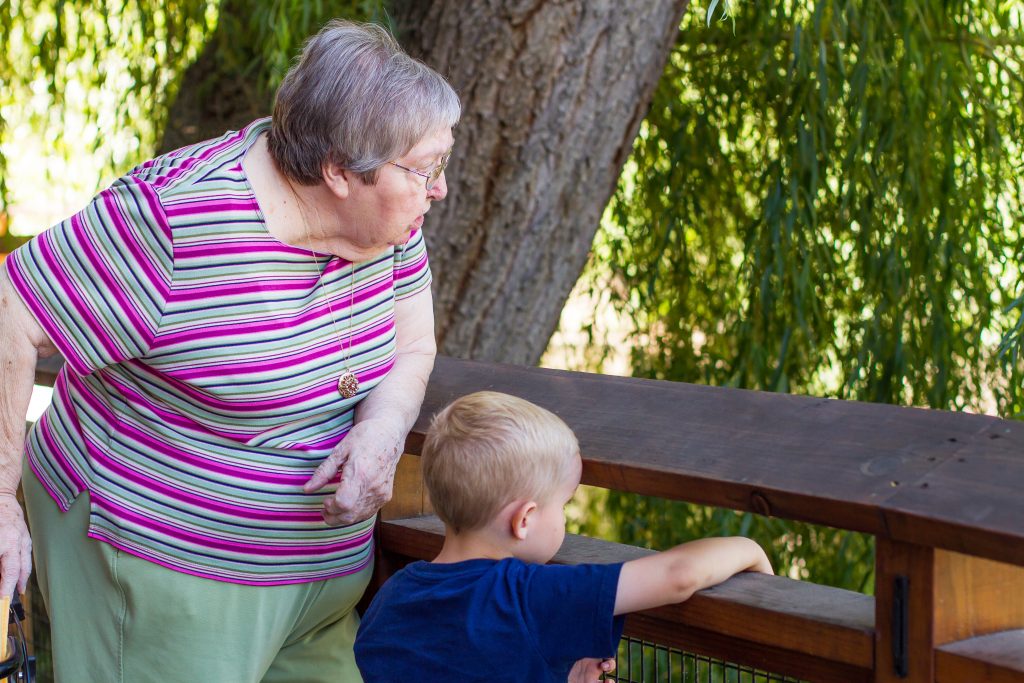
5. Host foreign exchange students and encourage your children to interact with them in safe ways.
6. Practice social skills by role playing social situations.
7. Create opportunities for your children to play and interact with extended family (grandparents, aunts, uncles, cousins, etc.) if possible.
8. Have the children write letters of encouragement to family members and friends.
9. Find a pen pal that your child can write letters to on a regular basis.

Social Skills Through Service
10. As a family, serve in a humanitarian organization, which gives your child the opportunity to work with others and be in varied situations.
11. Get involved in serving others by delivering meals through Meals on Wheels™ or by serving at a local food pantry or soup kitchen.
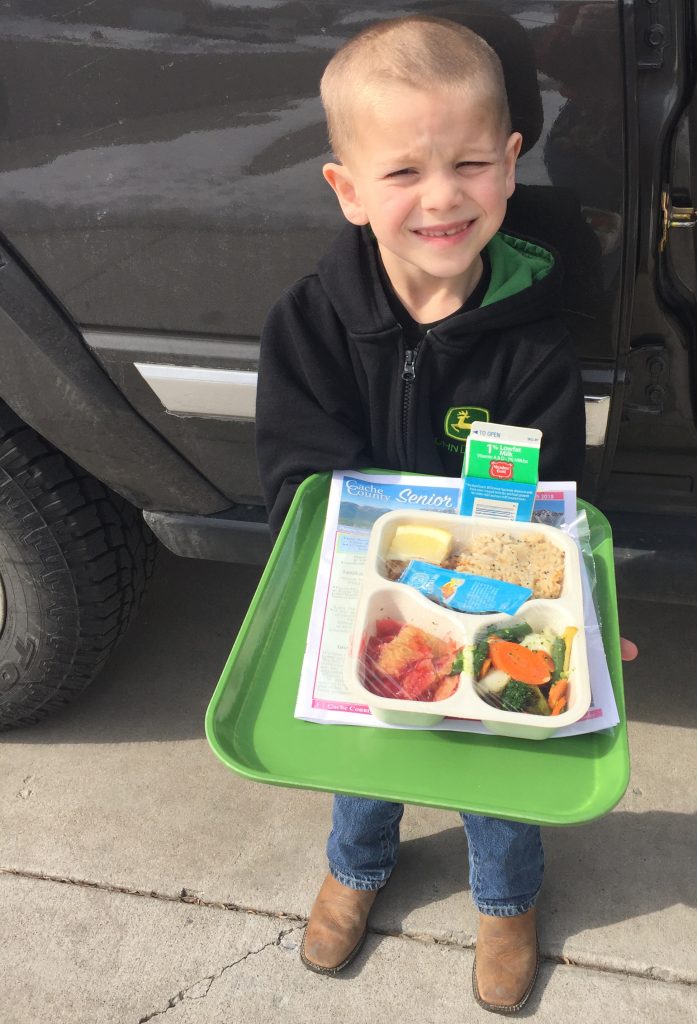
12. Make cards and distribute them to elderly homes, hospitals, and other nursing facilities for holidays and general greetings. When handing them out, say hello and wish the recipients well.
13. Distribute treats in bags decorated with patriotic drawings and stickers to local veterans. Include simple notes of appreciation such as, “Thank you for your service,” on the inside. (Tip: Look for a hat indicating they have served in the military. Once you start to look, you’ll find plenty. If not, try local retirement homes and communities. These and similar facilities should have a room to leave a few notes too.)
14. Find volunteer opportunities available for your child in the community, such as volunteering at the library, tutoring, mentoring, serving on the youth city council, etc. Many websites exist for this purpose, and opportunities can also be found in your local newspaper.
15. Visit a nursing home and befriend a senior citizen who your child can talk to and serve.
16. Become friends with a widow or widower in your neighborhood.

Social Skills Outside of the Home
17. Get involved with a church congregation and its activities.
18. Look for local social media homeschool groups in your area to learn about and participate in local activities.
19. Attend local community events with your family.
20. Travel with your children and allow them to meet new people and see many different situations.

21. Have your child interview a person who holds a job the child is interested in (such as a librarian, firefighter, city planner, electrician, plumber, farmer, doctor, dentist, chef, nurse, or veterinarian). The child can prepare interview questions, record the interview, and then write a report.
22. Help your child start a business, such as walking dogs, running a lemonade stand, shoveling snow, cleaning, or yard work.
23. Have your child complete part of your errands, like handling the checkout at the grocery store or library, making a phone call, ordering at a restaurant, and other tasks.
24. Join with other homeschool families, if possible, for electives (art, music, etc.) or for one or more core classes. The Good and the Beautiful science units are the most commonly used of our curriculum for co-op groups.
25. Have your child take the lead in a restaurant, allowing him or her to answer for how many are in your party and help pay the bill. Don’t forget to have the child do the math for the tip! Remind the child to use his or her best manners with the server.

Social Skills Through Play and Activities
26. Have your child take music or art lessons.
27. Playgrounds and parks can allow younger children to meet and interact with new children while you oversee.
28. Have your child join a community orchestra or choir.
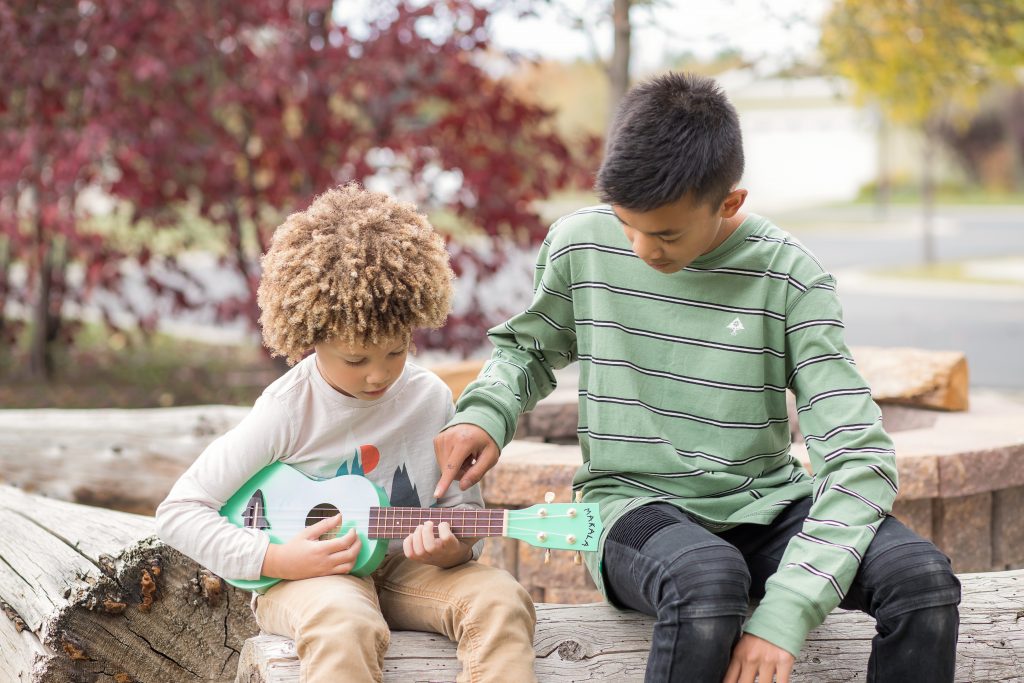
29. Have your child participate in a community play.
30. Get to know your neighbors and those in your community. Have your children help plan a block party, barbecue, potluck, game night, or other fun activity that will bring out those of all ages.
31. Start a book club in your neighborhood. This will allow your child to interact with other children and will teach the skill of group discussion.
32. Help your child run a summer camp for children in your neighborhood. Your child could do a history camp, a cooking camp, etc.
33. Get rid of the idea that your child should mainly be socializing with kids his or her age. Children learn so much from interacting with people of all ages and even through mentoring and helping younger children.
34. If your child excels at something (art, music, etc.), allow him or her to give lessons to other children.
35. Start a group that you and your children can attend with others in your community. Nature, field trip, or game night groups can be educational and wonderful social activities!
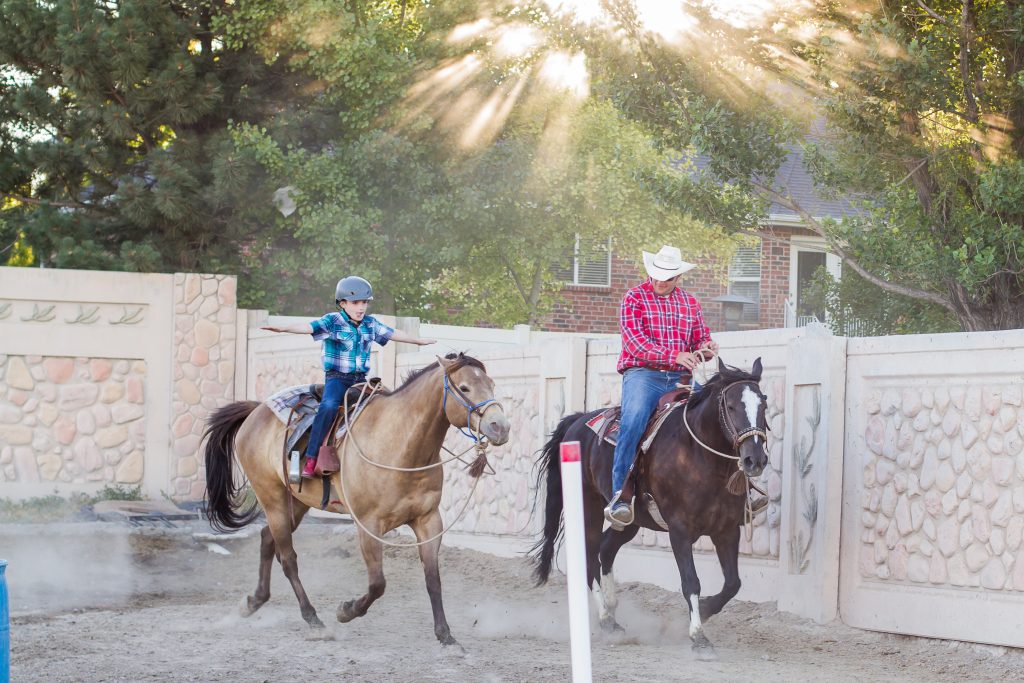
36. Have your children participate in activities and hobbies one-on-one with each parent, building strong bonds and gaining new skills.
37. Older children (high school age) can often join dual enrollment classes at local colleges, allowing them to earn both high school and college credit at the same time.
38. Join your local 4-H club. (Find a local club at this link.)
39. Attend a local summer camp.
40. Participate in local community craft classes at places such as Michael’s, Hobby Lobby, Home Depot, and Lowe’s.
41. Most public libraries offer community classes. Some even have specialized events for homeschoolers. Contact your local library to find out what’s available in your area.
42. Contact your local YMCA to see what classes or events are available for children.
43. Some states allow homeschoolers to participate in public school extracurricular programs such as marching band, sports teams, choir, drama club, etc. Contact your local school to find out what might be available for your child.
44. Plan a science fair with local homeschoolers. Have it in a public location, like a coffee shop, and invite the public.
45. Start a chess club, a jump rope club, or anything that meets on a regular basis, even if it’s only once a month, to help the child learn how to plan and host a small event.
46. Participate in a local parade as a homeschool group or with another establishment, like the library, parks and recreation, or another group. The parade coordinator will have a place for you to volunteer for sure—even if it is after the ponies!


47. Support another homeschooler or friend by attending an activity, like a soccer game or a play that he or she is in.
48. Teach your children plenty of outdoor games like hopscotch, jump rope (with rhymes), red rover, etc., and encourage them to invite neighborhood kids out to play. Your yard will quickly become the yard to which all of the children flock!
49. Let older children (teenagers) get a job where they will interact with coworkers, supervisors, and/or customers.
50. Have your child join a team sport.

The natural events that occur in your life will offer many social opportunities. Pick one or two items from our list above to throw in the mix if you feel that your child needs more social opportunities.
In addition, keep in mind that many children go through some periods of life without a close friend, even many who are in public school. Often, having no friends is better than having bad friends. Whether it is a simple friendship, service opportunity, or get-together, children flourish when they are given ample time to develop.
Do you have any other suggestions about how children might hone their social skills? We’d love for you to share them below in the comments!
Safety Note: Never leave your child with someone you do not know or someone you do not trust.
You may also like . . .







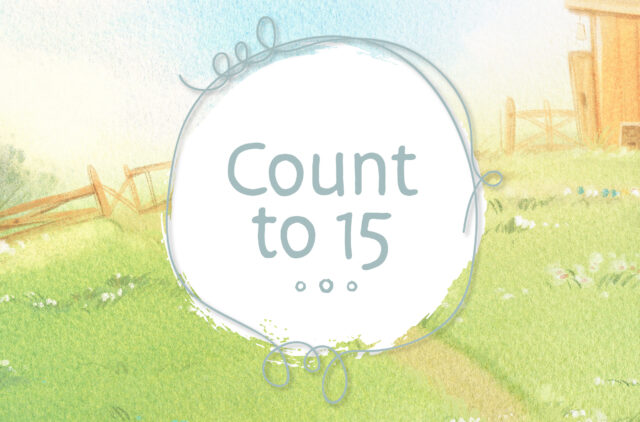






Comments
Really appreciate all of the well-thought-out ideas here! Just another reason TGATB is our favorite!
I love these ideas. This was our first year homeschooling and I have struggled to find regular/consistent opportunities for my 7 yo son. This post has inspired me to create an opportunity ourselves and even get my son involved in the process. It’s something I have had in the back of my mind but just have felt overwhelmed and didn’t know where to start. There were a couple ideas in here that really helped me envision what it could look like for us! Thank you!
This past year was our first year homeschooling, and I really struggled to find consistent social opportunities for my seven-year-old son. This post inspires me to create an opportunity of our own, and even get my son involved in the process. It’s something I’ve had in the back of my mind, but have felt too overwhelmed to start. But seeing some of these ideas has given me a better vision for what those opportunities could look like for us to create. And I dare say it’s giving me a little bit of hope for this upcoming school year! Thank you!
Such a good post! Great suggestions! Thank you!
I love all the information, thanks for the tips.